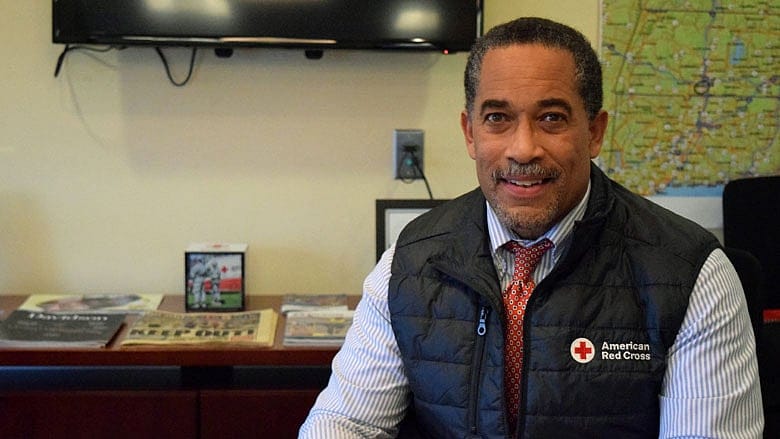Ralph Boyd: American Red Cross leader driven by faith and passion

BOSTON – It's hard to keep up with Ralph Boyd, Jr. At first glance, the résumé of the CEO of the American Red Cross of Massachusetts seems as frenetic as his exuberant personality.
In the span of two decades, he has worked as a federal prosecutor, been a partner at a major Boston Law firm, served as former President George W. Bush's chief civil rights enforcer, headed up the Freddie Mac Foundation, and founded an inner-city charter school group.

